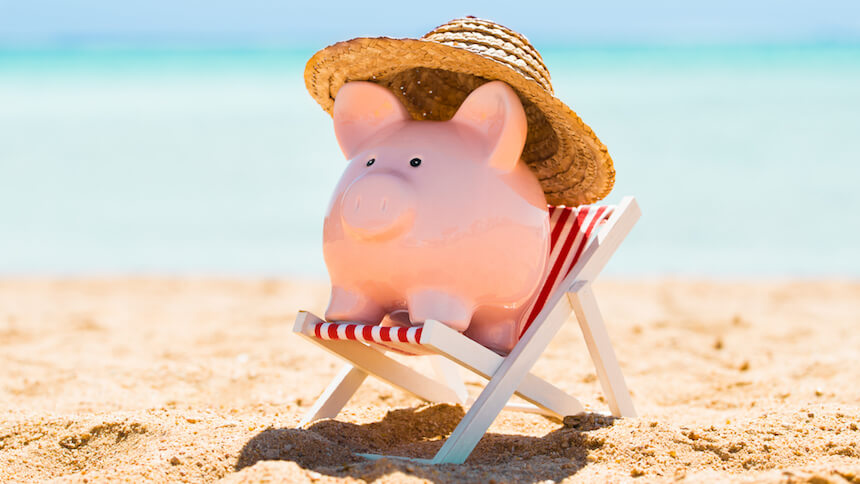Should I take a mortgage holiday?
As the COVID-19 pandemic continues to retract for Kiwis our lives are starting to feel more and more normal… but under the surface, for New Zealanders who took mortgage deferrals there could well be a storm brewing as a dangerous mixture of household debt rising and property values irresolute as the economy finds where it is sitting.
Back in March 2020 when the nation went into lockdown, the Government, in consultation with the major lenders, announced that homeowners (including landlords) whose income was affected by COVID-19 would be allowed to defer paying their mortgage for up to six months. When the announcement was made it was met with a flood of mortgage holders applying for the ‘mortgage holiday’ – according to Sara Hartigan, founder of
The Umbrella Company, a mortgage and insurance advisory, this was in part due to the poorly worded nature of the term mortgage ‘holiday’.
“The word holiday implies something fun and positive whereas in reality these mortgage holidays are anything but. The correct term should have been a deferment or relief. Mortgage deferments are not giving you any extra free money, they are actually costing you money as you are still accruing interest on the balance of your home loan. It is simply an exercise to help with cashflow, but at a price” says Hartigan.
As further explanation, the deferral process is simply an exercise to improve cashflow as the unpaid principal still has to be repaid later and the interest is added to the mortgage as a lump sum. This means that come the end of the deferment period the borrower will actually owe more money and repayments will need to be increased to pay off the mortgage in the same time period.
How to reduce your mortgage
As an example we’ve done a quick exercise here with a six month deferral on a $750,000 home loan at 3.25%. Over the period of the six months this would accrue additional interest costs of $9,792. At almost $10,000 that really is far from a ‘holiday’…
If you are in need of options to improve household cashflow there are plenty of other ways to address your mortgage repayments. Some of the other options you could look at include;
1. Moving to an interest only repayment model. This could be suitable for a short term fix. Whilst you will not be repaying the principal on the home loan you will not be accruing additional interest.
2. If you have made any overpayments I the past you can now take advantage of these and reduce your monthly repayments until you use up the balance of overpayments
3. Refinance. With home loan rates at an all time low in New Zealand there has never been a better time to look at your mortgage payments – even if you are in a fixed term period. Break fees for home loans are often not as high as you would imagine and knocking 0.5% to 1% off of your interest rate could see a significant fall in total interest paid and a reduction in monthly repayments.
4. Take the mortgage deferral – this really should be the last throw of the dice as it is an expensive option.
We have seen many borrowers who took the deferral already restart payments which is the best thing you can do as the sooner you can start to make repayments, the better, because the less interest you will be penalised with.
With fallout from the pandemic still to be fully realised it is likely that the mortgage deferral scheme will be extended come September, but we must emphasise, it is not a holiday, your mortgage still has to be paid and if property prices fall it won’t take long for borrowers to move into negative equity, where the amount owed on a property is more than the value of the property.
As with all major decisions it pays to consult the experts and here at Money Compare we have partnered with leading mortgage experts to help you get the very best deal for your personal circumstances. Request a free mortgage healthcheck from the team and we’ll help you make a fully informed choice on your home lending.





